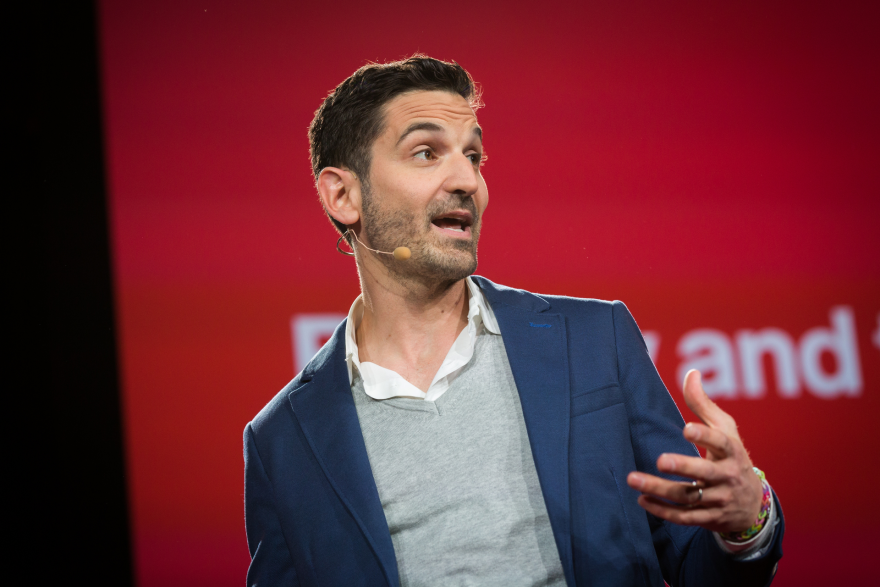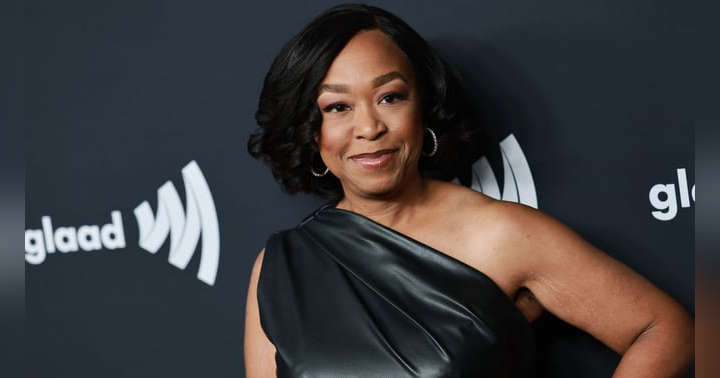How Guy Raz Turned Rejection, Setbacks, and Self-Doubt into a Global Podcast Empire

“You will fail. You will suffer during this failure. But don't worry, it has to happen.”
— Guy Raz
In a revealing conversation on The Psychology of Success with Dan Harris, acclaimed journalist and podcast creator Guy Raz pulls back the curtain on his own nonlinear journey — one defined not by seamless triumph, but by repeated rejection, overlooked potential, and unexpected pivots.
Despite creating global hits like How I Built This, The TED Radio Hour, and Wow in the World, Raz’s path wasn’t clean or clear. For entrepreneurs and wantrepreneurs alike, his story is a masterclass in how to lose well — and use failure as fuel.
From Rejected Intern to Accidental Broadcaster
As a college grad in the late ’90s, Raz had one dream: become a print journalist. He applied to every major paper and magazine — The New York Times, NPR, The Nation, The Boston Globe — and was rejected by all.
Even NPR, the organization that would eventually become his professional home, turned him down for two internships. So he took a temp job in data entry, earning $8/hour digitizing paper records, a humbling detour. But then, a twist of fate: one of NPR’s selected interns backed out, and Guy — already in D.C. — was plucked from the resume pile.
“I got an internship because I was there,” he recalls. “It was a warm body situation.”
That “lucky break” would mark the beginning of a long, nonlinear career — one that would eventually reshape the podcasting industry.
Failing Forward: The NPR Years
Despite building credibility as a foreign correspondent (reporting from Iraq, Afghanistan, and the Balkans), Raz often felt like an outsider within NPR. He was passed over repeatedly for anchor roles — the jobs he had dreamed of since childhood. One particularly painful rejection came in 2011 when he was told he lacked the “warmth” to be a lead host.
“I didn’t agree with that,” he says. “It was very hurtful. But it was also an incredible gift.”
That rejection, as crushing as it felt, pushed him out of news and into podcasting, which was then a fringe format. He helped develop TED Radio Hour, and later, How I Built This, which debuted in 2016 and quickly became a cultural phenomenon.
Reframing Failure: A Mindset Shift
What makes Guy Raz’s story so resonant is not just the career pivots — it’s how he thinks about failure. In the interview, he compares it to strength training:
“Those little tears — you have to create those little tears in order to stay healthy and fit. It’s a little like exposing yourself to potential ridicule with a new idea.”
He admits he still hates failing. But years of setbacks have taught him that pain is often prelude to purpose. “Had I gotten those jobs I thought I wanted, I wouldn’t be doing what I do now. I’d be in a very different life — one that I probably wouldn’t love.”
That mindset — that the best things often come from detours — is core to every How I Built This episode.
Beyond the Hustle: Sustainable Success
Ironically, Raz says he now finds the show’s title slightly misleading.
“It’s not about hustling. It’s about risk-taking, creative thinking, and struggling through setbacks.”
What he’s learned from hundreds of founders is that scale isn’t everything. He points to the story of Dominique Ansel, the famed baker behind the Cronut. At one point, Ansel could’ve scaled globally — factories, licensing, retail chains. But instead, he shut it down and focused on quality, craftsmanship, and balance.
“Not every business needs to be a $100 million company,” Raz argues. “You can build something small, sustainable, and fulfilling and still win.”
Luck, Privilege, and the People Behind the Scenes
Raz doesn’t shy away from the role luck and privilege have played in his story. From a supportive family to being in the right place at the right time, he acknowledges the invisible nets that helped him bounce back from failure.
He’s also quick to remind us: no one builds alone.
Even Elon Musk — often portrayed as a solo genius — built Tesla, PayPal, and SpaceX with co-founders, engineers, and designers. “The name might be How I Built This,” he jokes, “but nothing is built alone.”
Relationships Are the Real Legacy
When asked what he’s most proud of, it’s not his shows or media empire. It’s not TED Radio Hour, or How I Built This, or even his best-selling book.
“I’m proudest of my marriage. That was luck — meeting the right person at the right time. But it’s also what’s made everything else possible.”
In a world obsessed with metrics and milestones, Raz’s story is a grounding force.
He built a brand by championing underdog stories. And along the way, he became one himself, not because he never failed, but because he never let failure be the final word.





